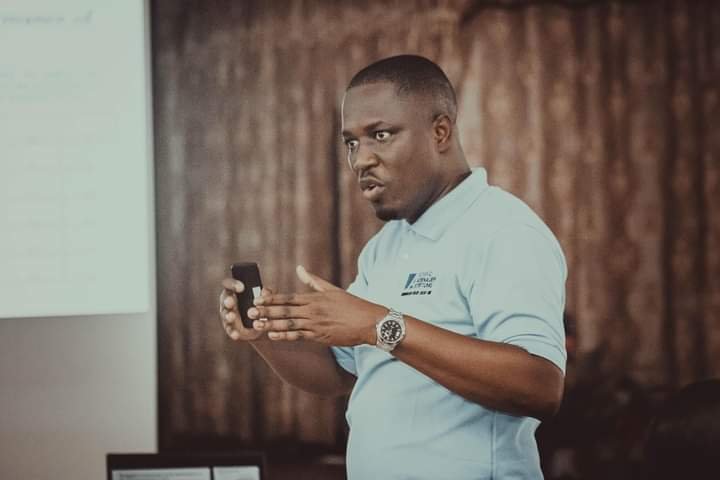
Dr. Frank Bannor, Development Economist & Head of Research at Danquah Institute
By Bright Philip Donkor
Dr. Frank Bannor, a Development Economist and Head of Research at the Danquah Institute, has noted that the New Patriotic Party’s (NPP) 2024 general elections manifesto represents a bold departure from the traditional approach to governance and development, marking the first time in the country’s history that a political party has committed to a transformative shift in national strategy.
“What’s truly remarkable is that, for the first time in Ghana’s history, the NPP manifesto aims to bring about a paradigm shift. By that, I mean we cannot keep doing the same old things and expect new results,” Dr Bannor made these comments in an interview on France24 news.
Devt trajectory
He explained that Ghana’s development trajectory had been hindered by a longstanding tendency to rely on conventional methods of governance, without a clear and innovative plan for addressing the nation’s socio-economic challenges. According to him, the NPP’s manifesto challenges this stagnation by calling for intentional, strategic efforts to foster meaningful development.
“As a nation, we’ve been stuck in certain ways while hoping for change, and that’s simply not sustainable. We’ve often adopted policies and approaches that lack a coherent vision for the future. Development must be intentional—if we want progress, we must have a vision and a plan to achieve it, which is something we’ve often failed to do,” he indicated
Dr. Bannor lauded the manifesto’s emphasis on economic diversification, technological innovation, and human capital development. He deemed these as key areas where Ghana must focus if it is to compete globally and achieve sustainable growth.
Deliberate approach
He stressed that development cannot be left to chance and requires a deliberate, strategic approach. “The NPP’s manifesto recognizes the need for a fundamental change in how we think about and pursue development.
“It’s not just about doing things differently—it’s about rethinking our entire approach to governance, infrastructure, education, and economic growth.”
According to the Head of Research at the Danquah Institute, this paradigm shift is critical if Ghana is to break free from the cycle of dependency on foreign aid, volatile commodity prices, and fluctuating global markets.




